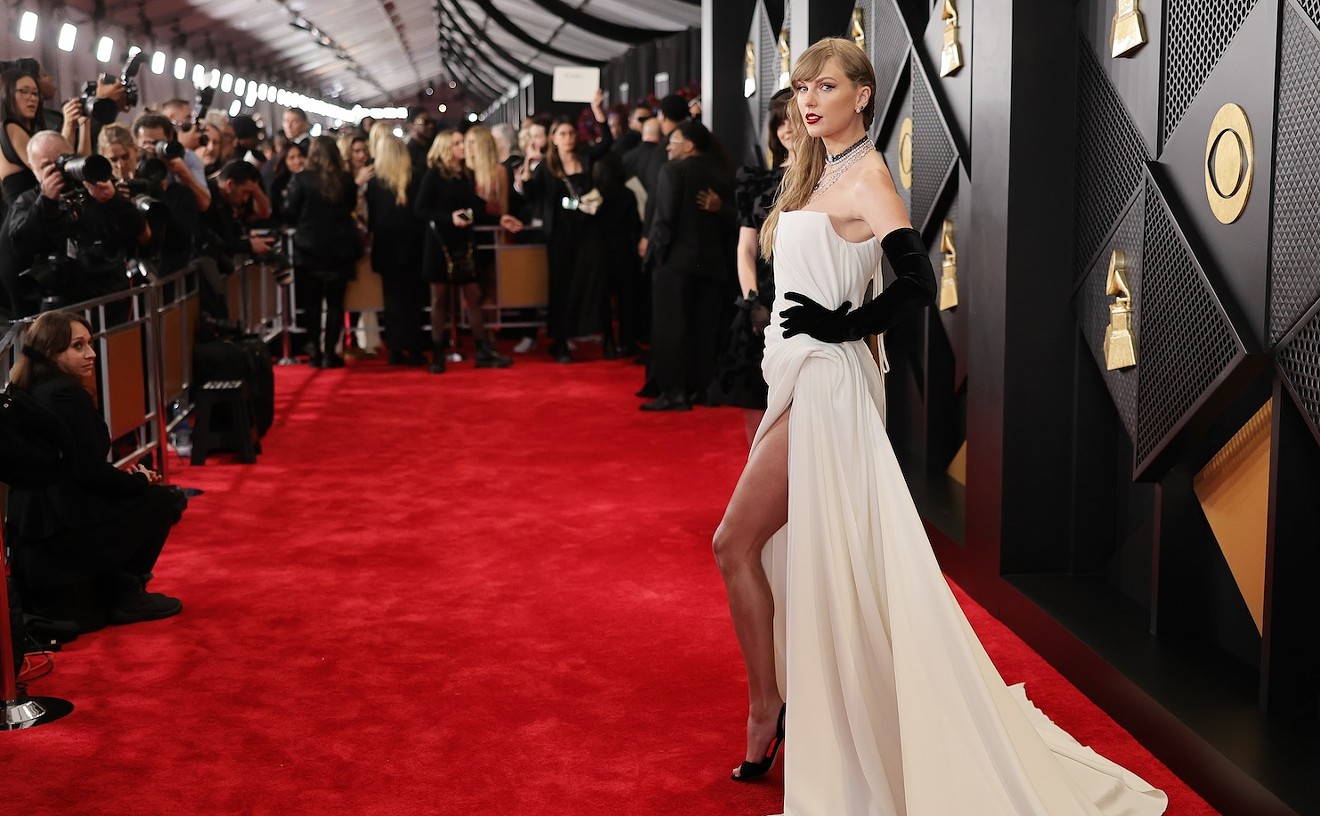What does that mean for the future of the industry? That question is among a variety of topics to be discussed at the Billboard Latin Music Conference & Awards 2017, which started yesterday and runs through April 27 at the Ritz-Carlton South Beach.
Leila Cobo, Billboard’s executive director of content and programming for Latin music, is the force behind this mega-event, which brings together superstar musicians and top executives. The Colombian author, TV
"The conference is for anybody in the Latin music industry in any capacity," Cobo says. "From established to up-and-coming artists, to managers, to label executives, and, very much, for those just getting into the business."
Cobo espouses the conference's networking opportunities as evidence of its prominence among the Latin music world elite. "You’re networking in one place, you’ll see the leaders of the industry," Cobo says. "I know that sounds like a press release, but it’s true. You’re going to have the main managers and all the training services will be represented by the heads of their Latin divisions, for example."
If that sounds too dry for the average fan, consider this: J Balvin, Maluma, Reik, Nicky Jam, Ozuna, and Wisin, among others, are scheduled to appear as panelists with performances by bands like Fonseca and Los 4.
"There will also be some really major acts," Cobo says. "I always like to have a lot of artists there because I believe the whole inspirational factor is really important. In today’s day and age, in particular, hearing how these artists navigated the music technology and the changing environment, in general, I think is very interesting and illuminating.”
Cobo enjoys the Q&A’s she conducts with the artists because not only are they educational and enjoyable, but she also gets to be a bit of a fan girl.
"I book artists that I really like, obviously," she says with a laugh. "Those who are doing really well. When I get to book someone who I respect and I admire, that’s really exciting."
In addition to conducting these “special” interviews herself, Cobo invites the crowd to participate with questions of their own. “We get really good audiences,” she says. "They don’t ask stupid questions like, 'Oh, we saw you broke up with your girlfriend on Twitter' or stuff like that. They really do ask insightful questions, so I open it at the end and someone always asks something really cool that makes me go, 'Oh, I wish I had thought of that.'"
The theme of this year’s conference is Embracing New Paradigms. One massive paradigm shift is how surprisingly well Latin music is doing in both consumption and sales. According to Nielsen Music, overall consumption of Latin music, which includes both album sales and streaming, "grew by 13.6 percent in 2016, from 25.6 million in 2015 to 29 million in 2016."
Even Cobo, who’s dedicated the better part of her professional life to Latin music, finds some of the numbers surprising.
“The first time you see it [Billboard YouTube Charts], you go, 'Oh my God, look at all these Latin artists.' When you look at our Hot 100, there are very few Latin names there because they have to compete with all the American names. But that YouTube channel is global," Cobo says. "I think it underscores that the Latin territory is really big, not just the U.S. It’s all of Latin America and Spain. This highlights that Latins really stream a lot. It’s a very favored vehicle. I wrote an article where I conjectured that it’s because they spend so much time on their mobile phones. It has made the music travel more.”
Of course, the increase in numbers
“People that don’t speak Spanish necessarily, like the beat. One of my panelists was telling me that he thinks Zumba has had a huge impact. People dance Zumba and use these kinds of songs,” Cobo says.
Whatever the reason, there’s probably never been a better time to be a Latin artist. With the rapid evolution of styles within classic Latin genres — for example, Latin trap is a thing now — there are ever expanding opportunities for musicians.
While Cobo doesn’t see too many modern artists making the English-language plunge the way Marc Anthony and Shakira did in the early 2000s (“it’s too hard”), there may be no need to.
Take, for instance, Luis Fonsi and Daddy Yankee’s massive hit single, "Despacito." It’s become so ubiquitous, that they got the quintessential white boy, Justin Bieber, on it. Within 24 hours of its release, the video had over 20 million views on YouTube. The number now stands at 55 million and is sure to rise. The best part? Bieber sings in Spanish. It could be a one-off or the start of a new trend. Either way, it’d be smart for the Biebs and other folks of the Caucasian persuasion to get in on the action, because this worldwide phenomenon isn’t slowing down anytime soon.











